Marketing for charitable organizations has become increasingly difficult in recent years. Not because of technological barriers, but due to the increasing amount of organizations doing it.
There is now a lot of clutter in the donation environment and related fields. While there are far more touch points in which charitable organizations can connect for free through social media, many potential donors have reservations when it comes to where they give or spend their discretionary income.
Let’s take a look at 5 identifiable reasons that your charity may be seeing stagnant donations:
Reason #1 The Inaction Effect
Many donors have a fear that their money is not being used for the right reasons, or at all. This can cause a sort of dissonance between their desire to give and the assumption that they are giving to a cause that properly uses their donation. Psychologists have dubbed this “The Inaction Effect”.
To put it simply, if someone chooses not to act (in this case donate), they are effectively lessening the possibility that they may feel regret for their decision. Oddly, they feel as if the emotion of not donating, is less unpleasant than donating and worrying that their donation was a waste.
Many people justify this in their minds by assuming that someone else will donate in their place (called the “Bystander effect”). Many people feel the internal drive to “do their part”, but do not want to experience the feeling that they supported something that was not in society's best interests. While more information about charitable organizations and their expenditures has been circulated in recent years, it has not quelled this innate fear.
Reason #2 The Bystander Effect
The Bystander effect is the belief that the accountability for something will be disseminated amongst a larger group of people, hence lessening a person’s perceived need to contribute as much, or at all. As mentioned above, this affects donations and charitable organizations because people believe that they don’t need to donate because other people will “pick up the slack” and help the organization reach its goal without their help.
While this may be the case in some circumstances, as more people adopt this mindset, the level of participation in donations and charitable giving will certainly decrease. The bystander effect is one of the most prominent psychological reasons why people do not donate to charities. The reason this is often so easy for people to justify in their heads, is because most charitable goals have intangible outcomes for most potential donors.
By this, I mean that people often find it hard to connect or to induce action by only seeing content from afar. They are moved by the images they may see from a charitable organization, but they may not be moved to the point of action because they feel so far removed from the effects or implications of the problem at hand.
Reason #3 Socially Responsible Purchasing
Another thing pushing away potential donors is the fact that they want to ensure that their own families are provided for first. Economic factors such as rising living expenses and political instabilities motivate a sort of price-perceptive cautiousness among the populace. Many people have instead chosen to give back with their purchases as opposed to giving to directly to charitable organizations.
Now, the lines between charity and commerce are beginning to fade and trend toward a system in which personal needs are fulfilled in the same swipe as societal donations. For example, 47% of consumers in a 2016 survey stated that purchasing socially responsible products was more effective in enacting change than donating directly to charities.
Example: Companies like TOMS Shoes offer consumers the ability to purchase their family affordable, quality footwear while simultaneously donating a pair to a person in need. They have coined the term that they are the “One-for-One Company”. Another company, Patagonia, donates 1% of sales to protect the environment.
Reason #4 The Charity Entanglement Web
There are thousands of charities to choose from. Often times, this is a hindrance to promotion reaching the people who would want to donate to that cause. Think about it: if there is a particular issue in the world, there is usually a multitude of nonprofits or charities that are marketed as the premier way to give or help alleviate that world problem.
Not all charities are equal. Some have the right vision, but lack the infrastructure to make a difference without significant growth. Others are very established and have the spending power to make a difference but get waterlogged in bureaucracy. A good place to begin is looking at this list of the best charities of 2017 for impact.
This list does not have all of the causes you may be looking for, but it does introduce a number of charities and nonprofits that will narrow down a few of the certifiably legitimate sources.
Reason #5 The Size Of A Problem
As I have stated, people are much more likely to donate when they have a tangible and/or personal investment in the support of a cause. This can be accomplished through their desire to get out and help, or by well-done efforts of a charity or nonprofit to convey their story in a human-to-human manner.
When looking to problems that are widespread, many people see their donation as being futile. Either “the charity is too big to be allocating money correctly”, or “this is a problem for world governments not me”. This is why it is important for your charity or nonprofit to make sure that you are operating as a micro charity. Like in economics, specialization is the best way to be productive. Operating as a micro charity and solving the problems that the big institutions have neglected to support will help separate you from the pack, tell a concise story, and also be on a person-to-person basis with both your donors and the cause you want to help.


